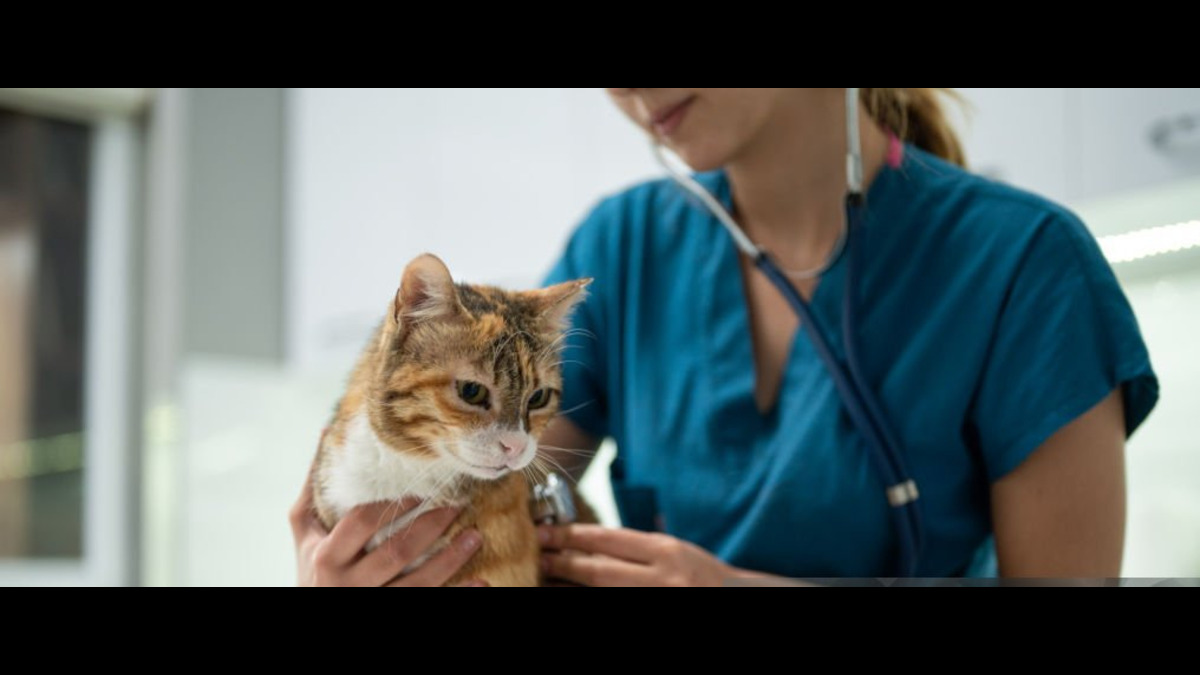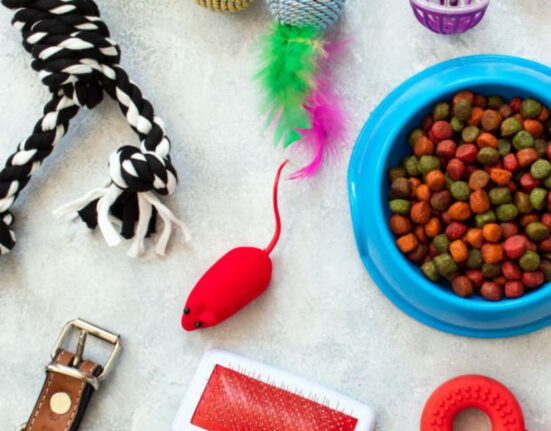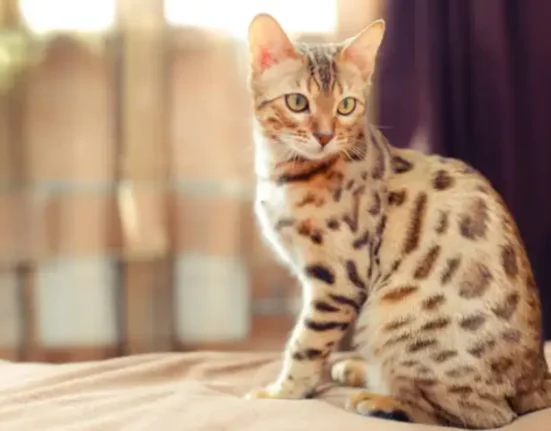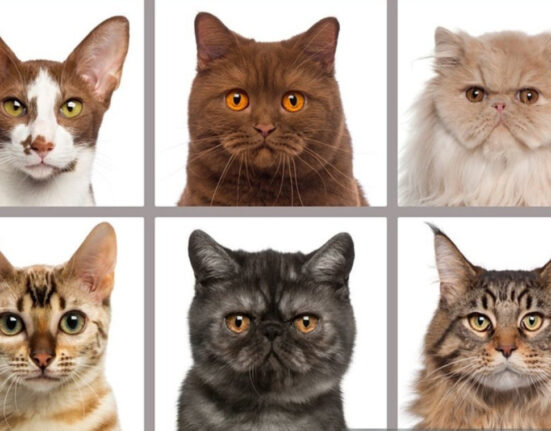The lifespan of felines is variable depending on many factors such as genetics, lifestyle and medical care. And I want to take you on a comprehensive journey into feline longevity, so we can delve right down and understand all the facets that contribute to how long our precious kitties stay with us.
These all are another elements which is should be provide to growing lifespan
Factors Affecting Cat LifeSpan
Genetics and Breed
The most important reason for the life span of a cat is genetics. Certain health conditions will also affect longevity, and some are more common in specific breeds. For example Siamese cats are generally longer lived than Maine Coons. Knowing your cat’s genetic background can help give you an idea of what health concerns you might face previously and even how long you will live.
Lifestyle and Environment
The diet of a domestic cat, exercise and living conditions all have a significant impact on its overall life expectancy. Of course, indoor cats enjoy the advantage of greater safety, avoiding accidents, injury, disease and predation, which is why, on the whole they live longer, on average, than their outdoor relatives. Creating a safe and enriching indoor environment can benefit a cat’s welfare and lifespan.
Nutrition and Diet
So cat food is very important for their health. Balanced diet with essential nutrients helps to keep you from suffering from diabetes or any other health issue, including obesity, which is often associated with diabetes. A consistent meal timing and good food for felines can help improve the life expectancy of them.
Healthcare and Veterinary Visits
Regular vet visits are important to catch and treat future health issues early on. Administration of vaccination, dental care, and control of parasites is not an option.if you notice any ordinary activity in your cat then surely you should visit your doctor. This is also important to increase your cat life span
Average Life Span of Different Cat Breeds
Domestic Shorthair
Domestic shorthair cats are a mix of different breeds and usually live between the ages of 12 to 14. The large genetic pool means fewer generational health conditions, which with their precious high lives where longevity can be achieved.
Siamese
On a whole, Siamese cats live longer than other pets such as dogs due to the short lifespan of canines. The average life span of The Siamese Cat is 15 to 20 years. While individual cats can vary, genetics, lifestyle, diet and overall health are all major determinants of how long a Siamese cat can be expected to live.
Persian
Life Expectancy: 12 to 17 years Because they are prone to respiratory problems and dental issues, it is also important to ensure that they receive regular grooming and healthcare.
Maine Coon
Main coon size and genetic predispositions can sometimes lead to health issues that may shorten their life span.Maine Coons, one of the largest domestic cat breeds, typically live between 10 to 13 years.
Routine Veterinary Care
Schedule regular veterinary visits for check-ups, vaccinations, and dental care. Early detection of health issues through regular screenings can lead to prompt treatment and improved life expectancy.
Creating a Safe Environment
Ensure that your home is safe and enriched for your cat. Indoor cats benefit from a stimulating environment with plenty of opportunities for exploration and play. Keep hazardous substances and small objects out of reach to prevent accidents.
Providing a Nutritious Diet
Give your cat the right diet according to its age, weight and health issues it might be facing. Talk to your vet about the best diet for your cat. Stop the cat from drinking bad water to not be dehydrated.
Making Exercise and Mental Stimulationeselect Interactive Exercise
Encourage plenty of exercise to keep your cat at a healthy weight and help prevent cat obesity. Exercise and mental stimulation can be found with toys, climbing trees, or an interactive play session for overall well-being.








Leave feedback about this